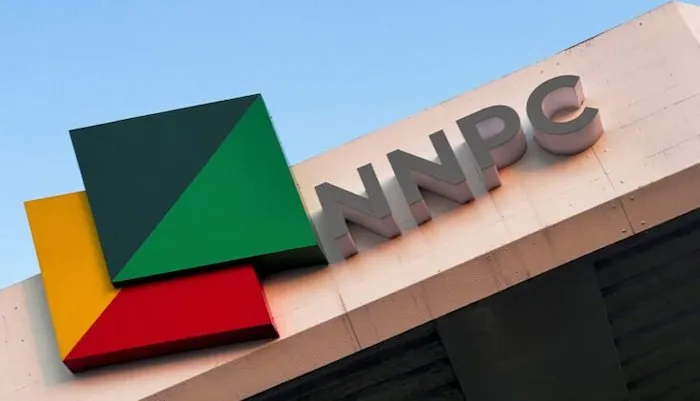The Petroleum Products Retail Outlets Owners Association of Nigeria (PETROAN) has observed with concern the recent tension and panic buying of petroleum products across the country.
The Association also noted the news making the rounds in the media space that the temporary suspension of sales in Naira by Dangote Refinery is the reason for the panic buying.
“We wish to reassure the public that this is not a justification for panic buying. The Nigerian National Petroleum Company Limited (NNPCL) has two functional refineries, and there are other modular refineries, as well as importers, that are also supplying petroleum products to the market.
Therefore, we see no reason for the threat of panic buying. We urge Nigerians to remain calm and go about their normal activities, as there is no shortage of petroleum products” it said.
The Association reassured the general public that the tension leading to panic buying is baseless. The federal government, ministry of Petroleum and regulatory agencies are committed to ensuring a seamless supply of petroleum products to meet the demands of Nigerians, it said.
In a statement, national public relations officer of PETROAN, Joseph Obele, assured that PETROAN remains a strong advocate for the local production of petroleum products, adding, “We believe that promoting local production will not only guarantee energy security but also create jobs and stimulate economic growth.”
However, the petroleum marketing body recognized that local production alone may not be sufficient to meet the country’s demand for petroleum products, and thus supports the position that the window for importation of petroleum products should remain open.
Obele, in the statement said that contrary to some reports, the policy was not terminated but rather is undergoing a review after the initial test run period.
Meanwhile, the National President of PETROAN Dr Billy Gillis Harry while addressing newsmen in Abuja stated, PETROAN opposition to the sale of petroleum products or any other products within Nigeria in dollars.
Gillis Harry, expressed the belief that such a practice would have an adverse impact on the economy, bringing undue pressure on foreign currency and exacerbating Nigeria’s already challenging inflationary situation.
